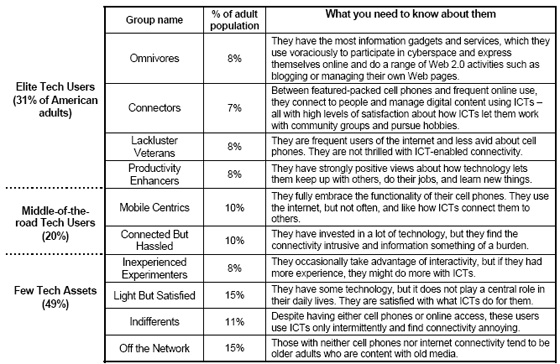Pull Sponsorship, Damage Social Lives
Tuesday, May 22, 2007
File under unintended consequences:
As you may have heard, the musician Akon apparently gyrated a little too much with a girl a little too young, resulting in Verizon pulling sponsorship of the Gwen Stefani tour he’s opening. Bad news for online fans:
One effect of the move was the cancellation of a contest.
One fan of Ms. Stefani, April Van Zandt, of Landers, Calif., said she and several friends she had met online had labored on a home-made Gwen Stefani music video for a Verizon-backed contest that was withdrawn because of the company’s move. Ms. Van Zandt, 27, said she and her friends — fans whom she has become close to but never met — were hoping to win the contest, in which the prize was a trip to California, so they could meet for the first time. “I would think they would lose some business over this, not just me,” said Ms. Van Zandt, who added that she has a Verizon phone. “People are very upset.”
No deep insights on that one except that the pullout seems a little excessive.
Please forgive light if any posting these next few days as my computer undergoes intensive therapy in hopes it will relearn how to do things like start up. Three words you never want to hear: fatal hardware error. Lesson for us all: BACK UP! BACK UP! BACK UP! (Boy am I glad that I do!) Another lesson learned: write your passwords down somewhere. My computer remembers all of mine so I don’t have to and it’s been very frustrating trying to retrieve them from deep memory (fatal access error), root directories, scraps of paper here and there, etc.

